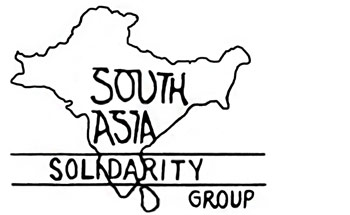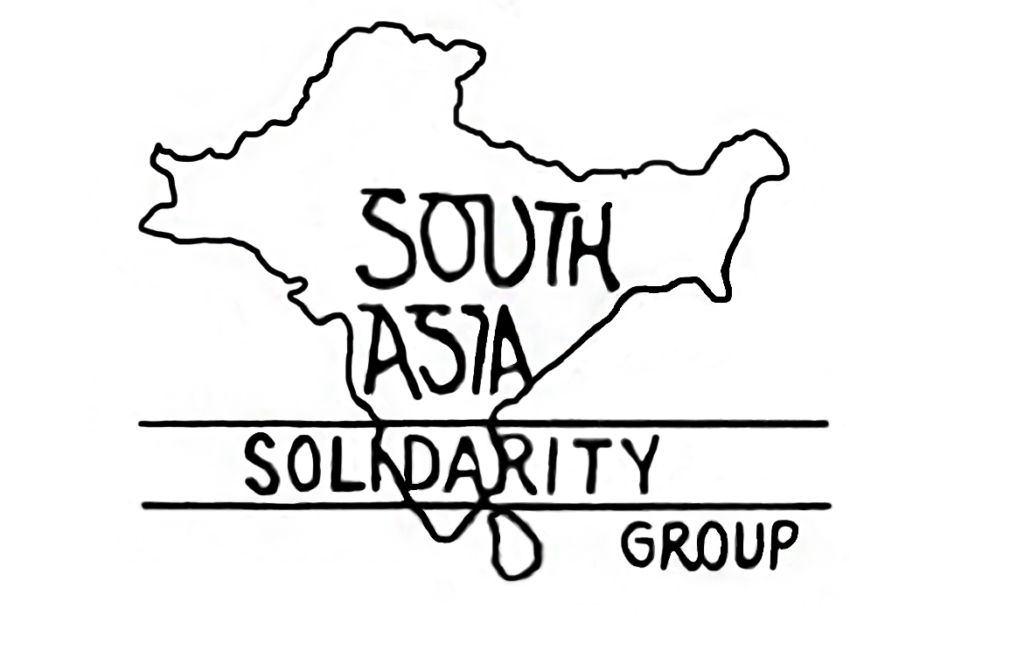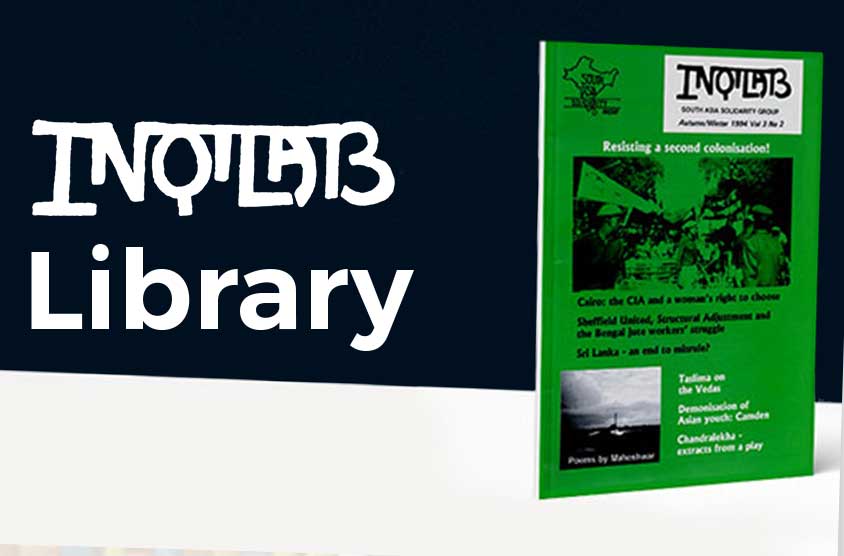Pricol Tragedy: Witch Hunt Must Stop, Justice Must Prevail
- August 4, 2011
- Posted by: admin
- Category: News
ML-Update 28 September 2009
The tragic death of a senior management representative of auto part manufacturer Pricol in Coimbatore on September 22 has triggered a frenzied reaction from the Pricol management, the Tamil Nadu police and sections of the corporate media. Roy George, Vice President (Human Resources) of Pricol had reportedly suffered head injury in the course of talks with a group of workers on 21 September and succumbed the next afternoon in a city hospital.
The company describes the tragic end of its VP as ‘planned and premeditated murder’ and attributes it to a conspiracy hatched by the leadership of the fighting union of Pricol workers (Kovai Mavaata Pricol Employees’ Trade Union) as well as the central trade union (All India Central Council of Trade Unions) to which it is affiliated. The Coimbatore police have already arrested some thirty workers and a witch hunt is on against several other worker activists and their leaders including Comrade S Kumarasamy, President of AICCTU.
Newspapers and TV channels have all noted the similarity of the Coimbatore case with a similar incident that happened exactly a year ago in Greater Noida in which the local head of Italian firm Graziano Transmissioni was reportedly beaten to death by a group of sacked employees. A few incidents involving mill managers have also been witnessed occasionally in the jute mills in West Bengal notorious for huge PF defaults and most anarchic and arbitrary labour practices by the mill owners.
Yet instead of highlighting the common causal thread that runs through such cases – absence of industrial democracy and miserable working and living conditions of workers, to name perhaps the two most glaring causes – or helping us understand the incident in the context of the deep anxieties and uncertainties fuelled by the recession, most media reports have tended to join the corporate chorus defaming the organized trade union movement and calling for labour reforms to give still greater freedom to capital to dictate terms to labour. Some have even gone to the extent of demanding a ban on the AICCTU and CPI(ML).
The Pricol management has been notorious for its record of rampant violation of labour laws, court verdicts and government orders. Far from recognizing the union supported by the overwhelming majority of workers, it has constantly victimized workers for siding with a ‘Marxist-Leninist union’, hoping to break the union through coercion and intimidation. In recent months, in the name of facing the recession, it has resorted to harsh wage-cuts, robbing every worker of tens of thousands of rupees. On top of this, came the September 21 termination of 40-odd workers and the dam of workers’ patience burst asunder.
Even in the face of such a vindictive and arbitrary management, Pricol workers have actually been waging a protracted and patient battle exploring every legal avenue available for bringing the management to justice. From Madras High Court to Supreme Court to the floor of the Tamil Nadu State Assembly, the contention of the fighting workers has been upheld time and again and notice issued to the management for legal compliance. The tragic incident of September 21-22 should not blind us to this real history of Pricol workers’ struggle.
By launching a witch hunt against Pricol workers at the behest of the Pricol management, and framing the all-India leadership of a recognized trade union centre like AICCTU, the DMK government is now playing its bit to intensify the state-corporate assault on industrial democracy and basic trade union rights. While mourning the tragic death of Roy George, the trade union movement and the broader democratic opinion must resolutely resist this assault and stand by Pricol workers for fulfillment of their just demands. It is heartening to note that the Madras High Court Advocate Association has already adopted a resolution demanding removal of Comrade Kumarasami’s name from the FIR, adding to the growing voice of protest against the implication of worker leaders and indiscriminate arrest of workers.
The Pricol tragedy cannot and must not be allowed to be utilized as a corporate handle to coerce workers and suppress the voice of justice.


